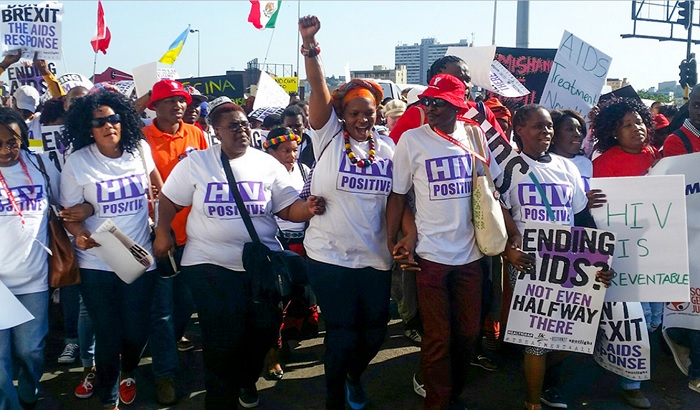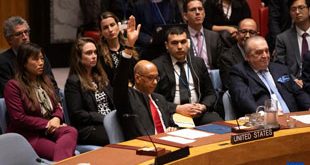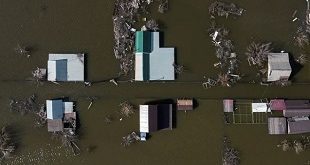
Montreal, Canada | AFP |
International donors gather in Montreal this weekend with a goal of raising another $13 billion for the fight to eradicate AIDS and two other major deadly diseases — tuberculosis and malaria — by 2030.
Canadian Prime Minister Justin Trudeau is chairing the conference, held every three years to raise money for the Global Fund to Fight AIDS, Tuberculosis and Malaria.
While more than 100 countries have received assistance from the Fund, more than 70 percent of its spending has gone to African countries. Nigeria, the Democratic Republic of Congo, Kenya, South Africa, Tanzania and Uganda have received the most.
Among those expected to attend are UN Secretary General Ban Ki-moon, a dozen heads of states and US billionaire Bill Gates.
Created in 2002 as a public-private initiative, the Global Fund has so far spent $30 billion on programs to fight the three deadly diseases around the world, with most of it going to Africa.
It has been credited with helping to save 22 million lives and preventing 300 million infections over the past decade as it pursues a UN target of eradicating AIDS by 2030 and the other diseases even sooner.
But it needs to raise another $13 billion to fund its operations over the next three years through 2019.
Early pledges have already brought the Global Fund to within 85-90 percent of that objective, Global Fund spokesman Seth Faison told AFP.
The United States, which has provided nearly one-third of the total funding so far, has pledged another $4.3 billion, he said.
The second biggest donor, France, announced in June it will provide $1.2 billion, maintaining its current level of commitment. It was followed by Germany, which is pledging $900 million, Japan at $800 million and Canada, which has boosted its pledge by 20 percent to $600 million. The Fund’s managers are still waiting to hear from Britain.
70 percent for Africa
While more than 100 countries have received assistance from the Fund, more than 70 percent of its spending has gone to African countries, Faison said.
Nigeria, the Democratic Republic of Congo, Kenya, South Africa, Tanzania and Uganda have received the most.
Nations that accept monies from the Fund “must agree to invest their own money in projects and undertake serious health care reforms,” Canadian International Development Minister Marie-Claude Bibeau said.
This “has a direct impact on the disease but also encourages good governance,” she added in an interview with AFP.
Since 2005, the number of deaths from AIDS has dropped by one third with nine million people receiving anti-viral treatments, Faison said.
“That is huge progress,” he said, adding that there is still much to do.
One concern is that HIV/AIDS has slipped out of the headlines, replaced by other health scares, like the Zika virus.
“The less we talk about it, the less we feel affected. If we lower our guard, there is a risk that it comes back,” said Bibeau.
“You see a lot of stories on Zika now. But there are many, many more people who die of AIDS, still now,” said Faison.
 The Independent Uganda: You get the Truth we Pay the Price
The Independent Uganda: You get the Truth we Pay the Price


